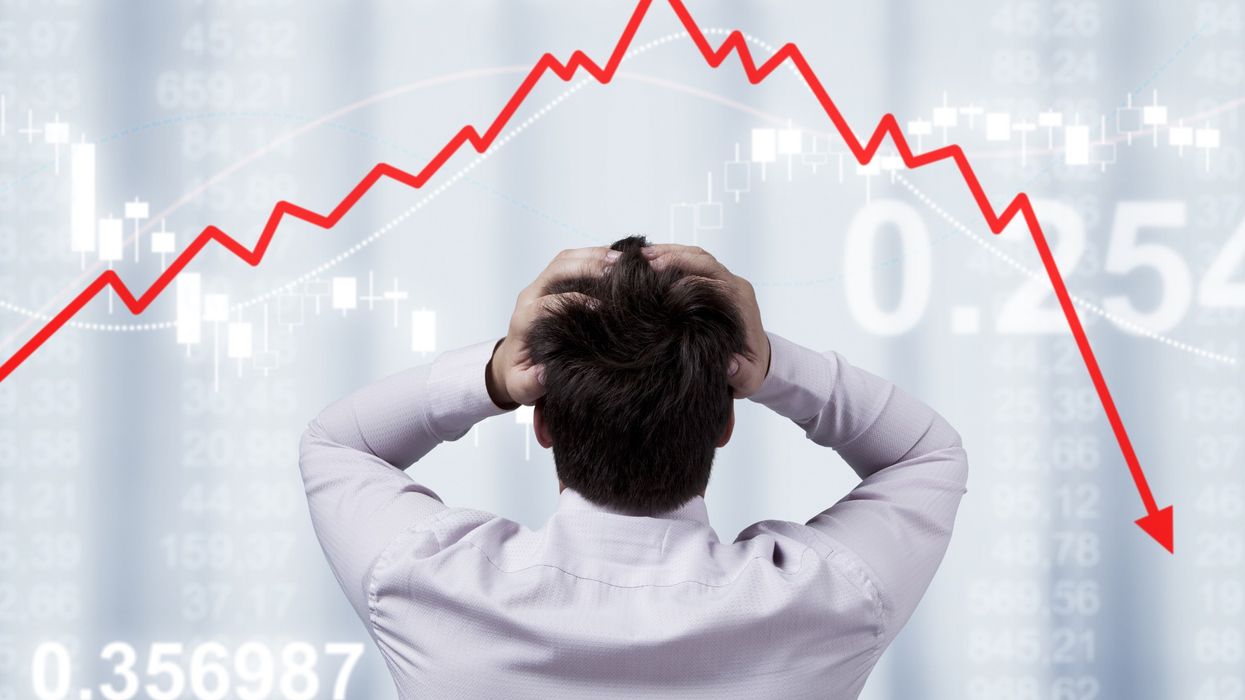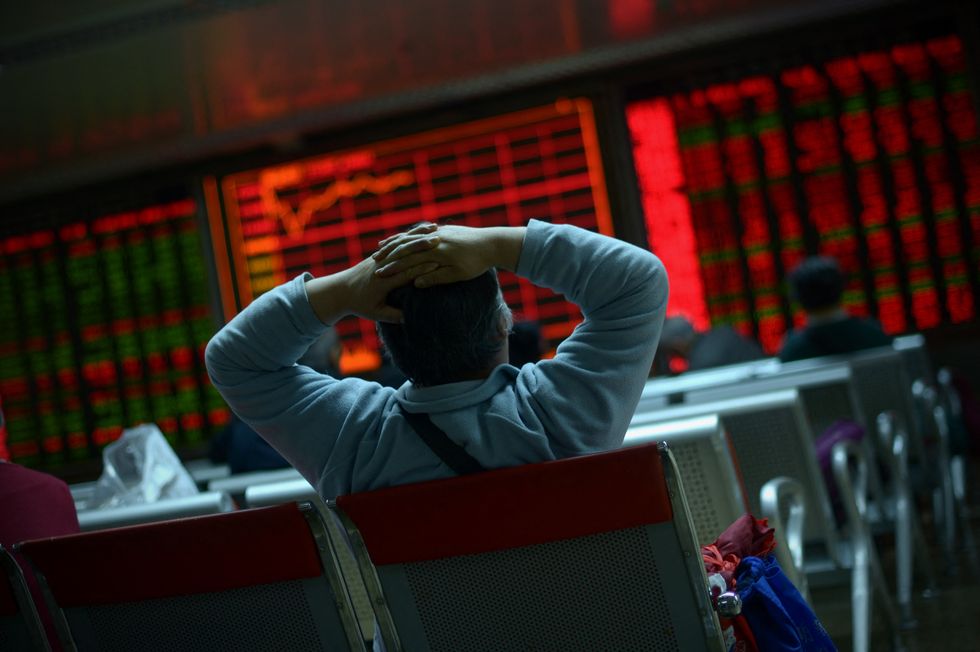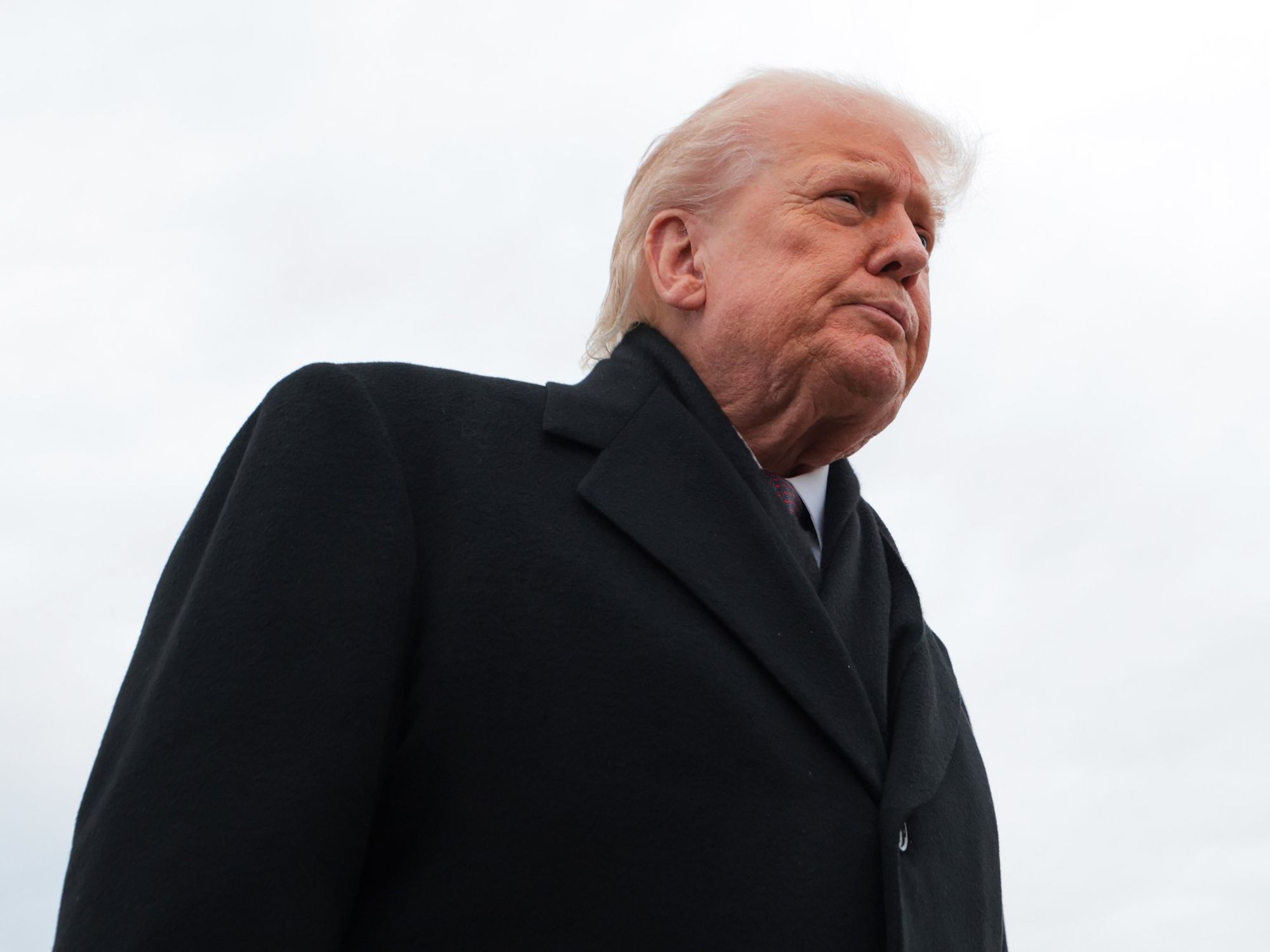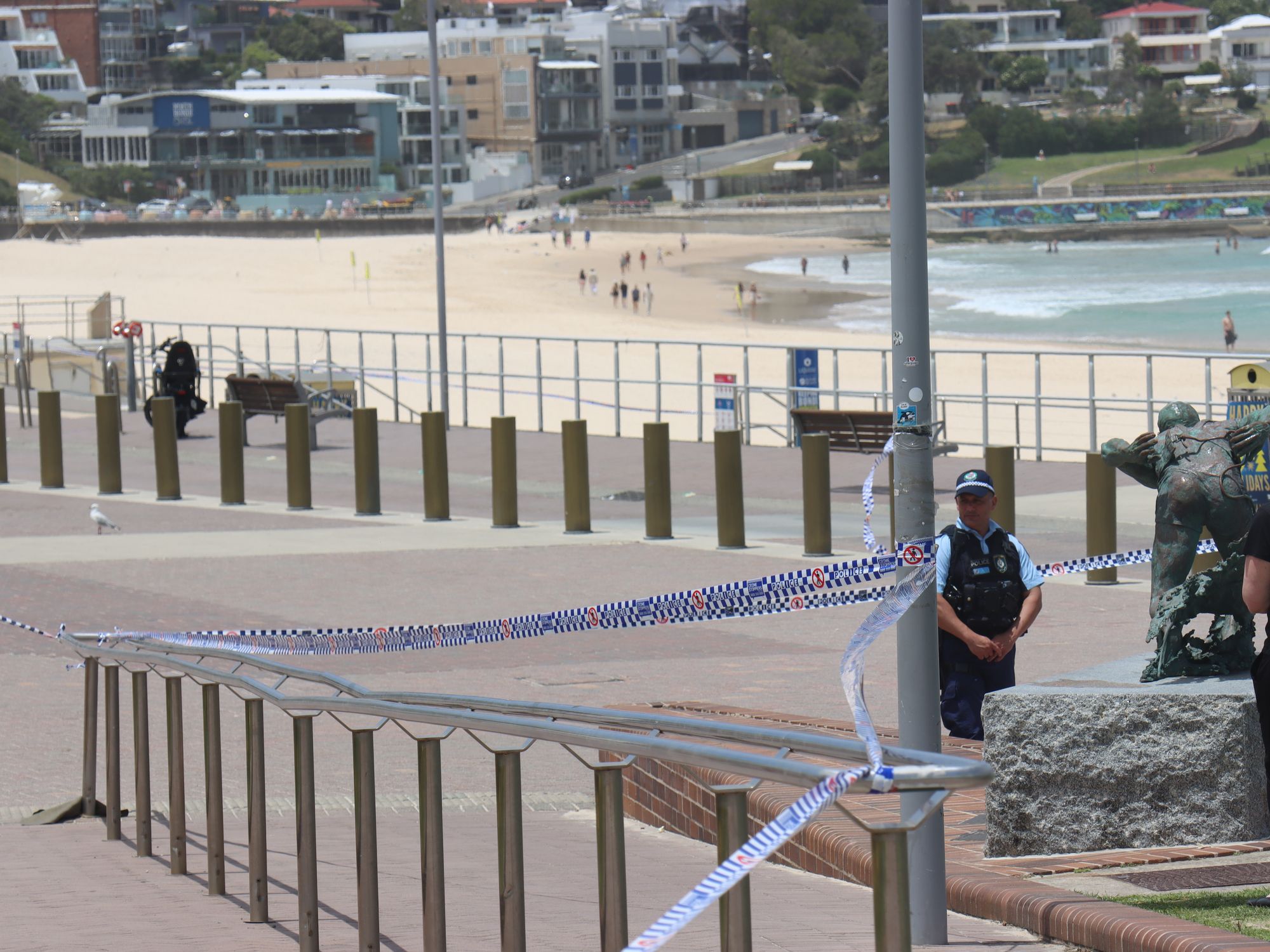FTSE plunges with billions wiped off stocks as global markets go into meltdown

Investors are selling off risk assets in fears that the US could be heading towards a recession
| GETTY
Investors are selling off risk assets in fears that the US could be heading towards a recession
Don't Miss
Most Read
Latest
The FTSE 100 has suffered its worst drop in more than a year amid fears of a US recession.
Tokyo’s Nikkei 225 suffered it's biggest ever points loss overnight as it closed down 12.4 per cent, with the Dow plunging 1,000 as the New York Stock Exchange (NYSE) opened.
This is the biggest single-day fall since the Black Monday crash of 1987.
European shares have also suffered their worst drop in two and a half years prompting investors to sell of their riskiest assets.
London’s FTSE 100 fell by two per cent on opening to its lowest level since April.
The U.S. labor market slowed down in July and looked weaker than expected, creating only 114,000 new jobs, which is significantly down from the average of 215,000 jobs a month over the past year.

There has been a global sell-off in equities on fears of a slowdown in US economic growth
| GETTYThe figures announced last week have raised questions as to whether the Federal Reserve has waited too long to cut interest rates to try to support the US economy.
The slowing of the US economy - triggered by weaker-than-expected jobs and manufacturing data - may likely be the "final nail in the coffin" for the case to lift interest rates, an expert has said.
There are now predictions of an emergency interest rate cut by the Federal Reserve next week in an effort to put an end to a sell-off in global markets.
The global sell off's were prompted after major losses on Wall Street on Friday. Popular tech firms including Amazon and Microsoft were hit the hardest amid worries that an AI-fuelled rally this year may have been overdone.
A global equites sell-off was also under way, with the Australian sharemarket on track for its worst two-day decline since COVID-19 shook markets in 2020.
If the US went into recession, it would harm economies all around the world.
Tan Boon Heng of Mizuho Bank in Singapore said: “The scenario of higher unemployment constraining spending and further restraining hiring and incomes and economic activity leading to a recession is the feared scenario here.”
The US unemployment rate unexpectedly climbed to an almost three-year high of 4.3 per cent, sparking the fears of recession.
There are now fears there could be a 50-basis-point cut at the Federal Reserve's meeting in September.
David Bassanese, Betashares chief economist did not think the US would lurch into recession, with his assessment one of an economy "re-normalising" after the post-pandemic era of extreme labour shortages and stimulus-fuelled demand.
He said: "Recessions usually arise from imbalances or shocks – and the US is not really suffering from either at present, with corporate and household balance sheets still in reasonable shape and inflation almost back to the Fed's target level.
"However the negative dynamic could build momentum and inadvertently tip the world's biggest economy into at least a brief recession".

With investing, people can lose money as well as gain more
| GETTYInvestment bank Goldman Sachs said the chances of a US recession had risen from 15 per cent to 25 per cent, in a note to clients first reported by Bloomberg News.
However, its economists, led by Jan Hatzius, said that “we continue to see recession risk as limited” because there are no major financial imbalances.










